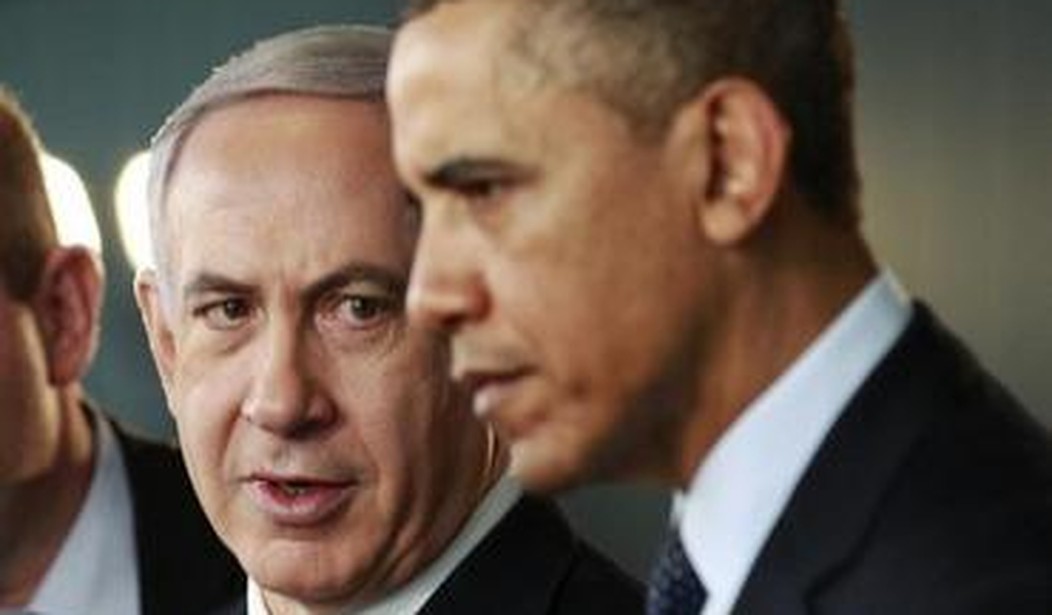WASHINGTON – A retired brigadier general in the Israel Defense Forces said the Gaza conflict has delivered a defeat to Hamas, while exposing the political differences between the United States and Israel.
“I believe Hamas was severely beaten,” Michael Herzog said at the Washington Institute for Near East Policy. “While judgment can be made only over time, I think there is a reasonable chance that this time Israel may succeed in establishing a long ceasefire.”
Herzog’s comments came before a 72-hour truce ended with rockets fired into Israel last Friday morning.
He said the militant group entered this round of negotiations at a politically and financially weaker position than in Israel’s two other major conflicts in Gaza against Hamas in 2008 and 2012.
The seeds of the latest Israel-Hamas conflict were sown in 2012, when Hamas broke ranks with longtime allies Syria and Hezbollah and threw its support behind the rebels fighting to oust President Bashar al-Assad in Syria’s civil war.
After Iran’s support for Hamas diminished significantly due to political and financial considerations, the group increasingly came to rely on money supplied by Qatar transferred through Egypt, with the assent of Egyptian President Mohammed Morsi, and on revenue from smuggling goods through tunnels reaching into Egypt.
When Morsi was overthrown in 2013 and former military chief Abdel Fattah Al Sisi rose to power, the political and financial situation became untenable for Hamas as Egypt moved to ban Morsi’s party, the Muslim Brotherhood; poured troops into the Sinai Peninsula; and began operations to destroy the tunnels.
Herzog, who was part of Israel’s negotiating team with Palestinians in the past, said Egypt’s willingness to play a major role in blocking the border and preventing the rearmament of Hamas and interest from regional actors to play a role in a sustainable ceasefire arrangement may also contribute to a long-term ceasefire.
Egypt will be brokering the fresh round of talks between Israel and Hamas in Cairo.
Palestinian officials told the Associated Press that Egypt has presented a proposed ceasefire aimed at ending the war.
Israel has been waging a military offensive on Gaza since July 8 to halt rocket fire, and it launched a ground assault on July 17 aimed at destroying the network of tunnels that it claims Hamas has been using to carry cross-border attacks. The latest death toll in the four-week conflict is 1,917 Palestinians, 64 Israeli soldiers, and 3 civilians.
Critics have called for the U.S. government to reconsider the unconditional $3 billion of military aid supplied to Israel each year.
Herzog said the recent conflict has revealed the political rift between the U.S. and Israel on Gaza, mainly because the administration continues to wonder “whether Hamas is part of the solution or part of the problem.”
“It did expose some tension in American-Israel relations,” Herzog said about the conflict, adding, however, that this has not interfered in the defense support provided by the U.S. to Israel.
Media reports from Israel have cited senior Israeli officials criticizing Secretary of State John Kerry’s ceasefire proposal for “completely capitulating” to the demands of Hamas.
Washington Institute for Near East Policy Executive Director Robert Satloff said that Washington’s relative sidelining in the ceasefire talks emphasized the fact that “it would be really important for the U.S. to turn a page from recent events, to take on, to revisit the question of what are our priorities in this part of the world.”
He said U.S. policy in the region is too “reactive” and would benefit from “an active posture,” particularly one that is “very well coordinated” between the White House and the State Department.
Former U.S. special envoy to the Middle East Dennis Ross suggested that the U.S. should again take a more active role and support measures that would change the dynamic between Israelis and Palestinians and make a long-term agreement possible.
“One of the things we can count on, and it’s understandable, is that there is going to be a push diplomatically to see what we can do with the Israeli-Palestinian conflict,” Ross said.
President Obama’s comments recent comments, in which he looked beyond the ceasefire toward a more comprehensive resolution in Gaza, seemed to reinforce the possibility of such a scenario.
Ross delineated possible steps that the U.S. could take to create a more hospitable climate through conflict management, rather than resolution, in an environment of intense mutual distrust between Israel and the Palestinian Authority, while still undermining Hamas. He said the U.S. should recognize the new strategic alignment between Egypt, Jordan, Saudi Arabia, and the United Arab Emirates, all of which have real interests in supporting the Palestinian Authority and weakening Hamas.
“Our approach towards Hamas should not be to somehow recognize them as a player we have to deal with,” he said, adding that the U.S. should work to discredit the group over time.
Washington should persuade Israeli Prime Minister Benjamin Netanyahu to make sure Israel’s settlement policy reflects its commitment to a two-state solution, Ross said, and increase its efforts to rebuild Gaza in the near future and orchestrate a “Marshall Plan for Gaza” in the long-term to be implemented after Hamas is disarmed.
“All of these things could make a difference from a Palestinian standpoint and demonstrate that something material is changing on the ground for them,” he said.









Join the conversation as a VIP Member